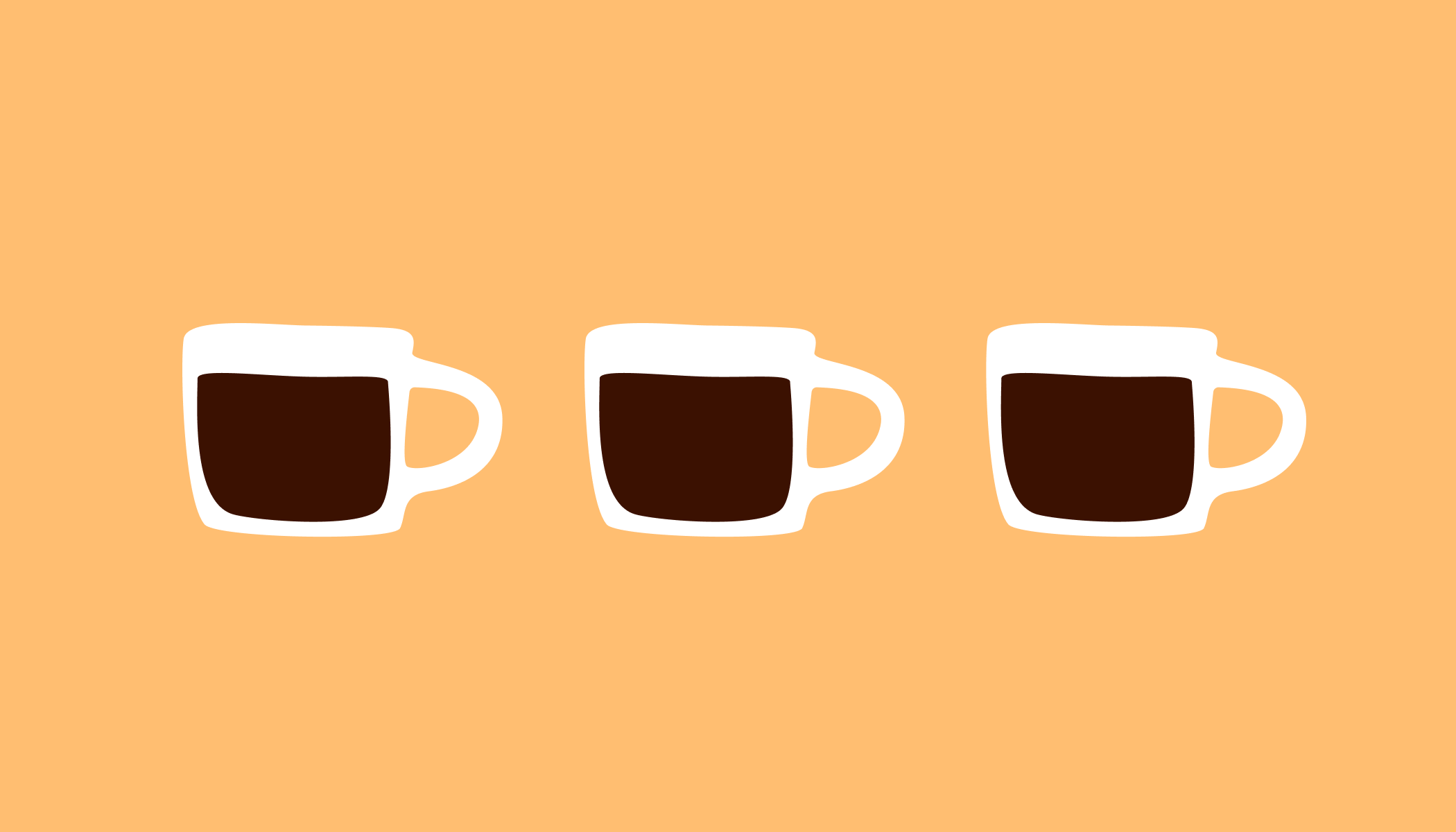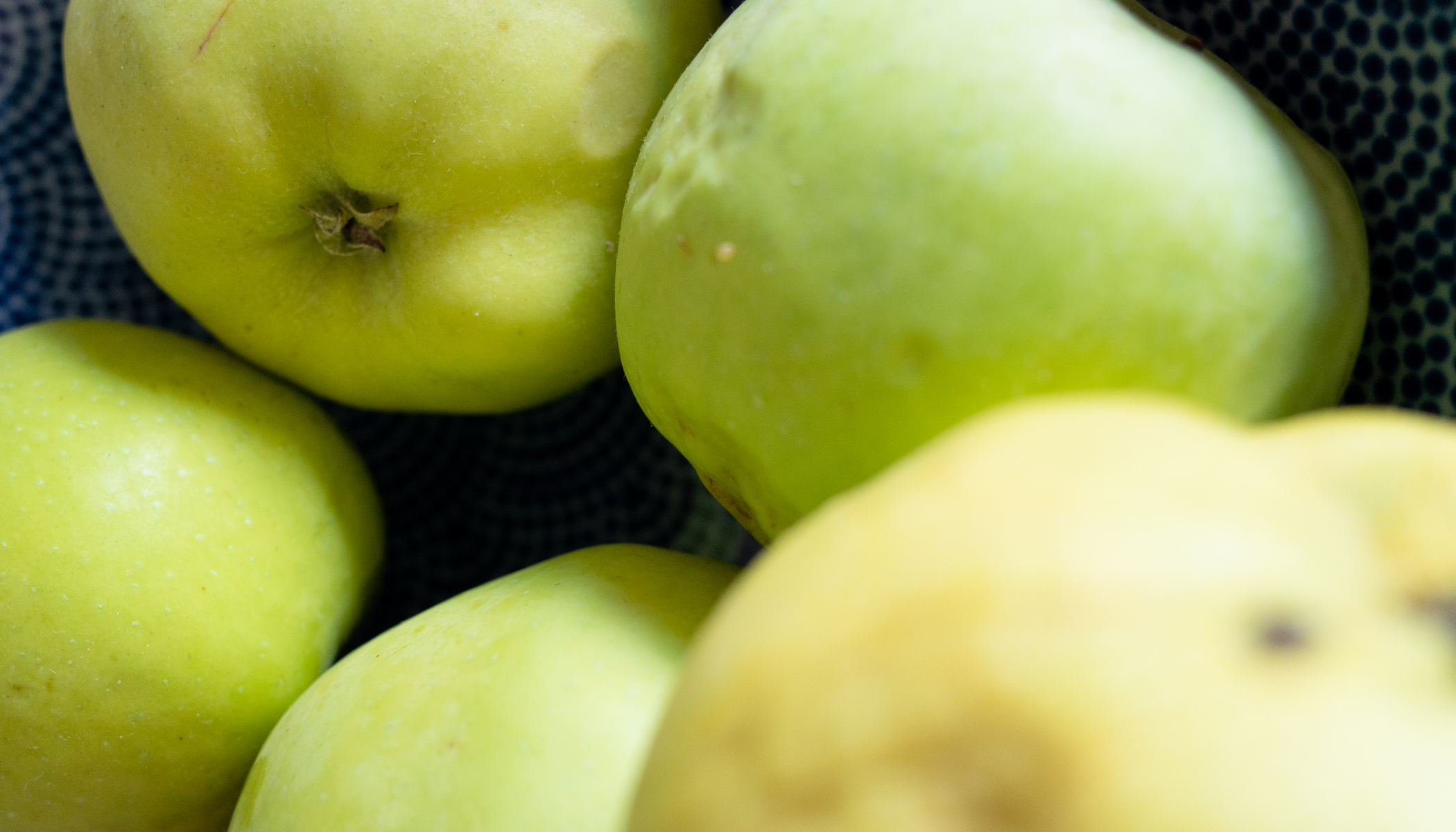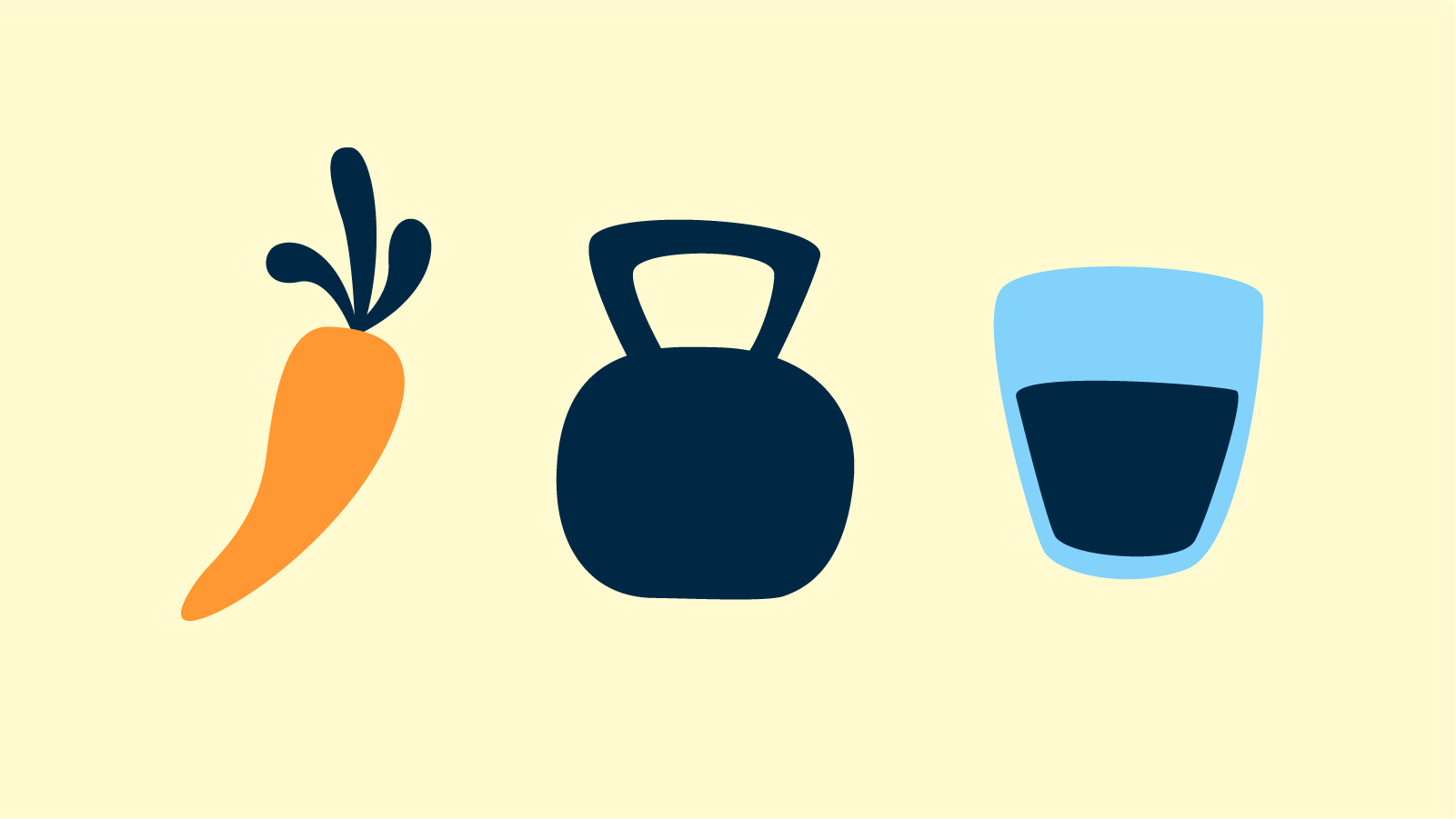Caffeine is a popular pick-me-up and can make us feel energised in the morning. It’s a natural stimulant found in seeds, leaves and fruit, which are processed to make products like coffee, tea, chocolate and energy drinks.
For most people, a moderate amount of caffeine shouldn’t cause problems. But you might want to consider cutting back if you have a health condition like heart palpitations or anxiety, or if you’re having trouble sleeping or relaxing.
Here’s everything you need to know about caffeine and how much is too much.
How much caffeine should I have in a day?
Doctors recommend having no more than 400mg of caffeine a day. That’s roughly the same as 4-5 cups of tea or coffee. But don’t forget that quite a few things contain caffeine, including energy drinks, chocolate, and soft drinks like cola. Some people are also more sensitive to caffeine than others.
If you’re pregnant, the official advice is to have less than 200mg of caffeine a day. Some choose to avoid it altogether if they’re trying for or carrying a baby, as some scientists argue that the best way to rule out any risks is to cut out caffeine completely.
How much caffeine is in coffee, tea and energy drinks?
Here’s the approximate caffeine amounts in common food and drinks:
- Medium coffee (Americano, latte, cappuccino) – 173mg
- Energy drink (240ml) – 72mg
- Flu or cold medicine (standard dose) – 50mg
- Black tea (1 cup) – 48mg
- Dark chocolate (100g) – 43mg
- Fizzy drink (1 can) – 34mg
- Green tea (1 cup) – 12mg
Figures from USDA FoodData Central
What does caffeine do to my body?
As a stimulant, caffeine’s main purpose is to help you to power through tiredness – this is why so many people across the day have a cup of coffee in the morning. Caffeine can also enhance your mental and physical performance, and even help to increase your metabolism slightly.
Some studies even suggest that a moderate amount of caffeine is linked to a longer life, although scientists aren't sure why.
How do I know if I’ve had too much caffeine?
Having too much caffeine can leave you feeling anxious, fidgety and might upset your stomach, especially if you aren’t used to it. You might feel flushed and like your heart is racing.
The effects of caffeine take around 15 minutes to kick in and can last for several hours.
Is caffeine dangerous for my heart?
There’s a common misconception that people with heart conditions should avoid caffeine. It’s true that it can temporarily raise your blood pressure, especially if you have hypertension, according to some studies.
As long as your blood pressure is well controlled and you don’t have heart palpitations, it’s unlikely that you need to change your habits. A sensible approach would be to avoid having too much caffeine and keep an eye on how this affects you.
When it comes to your heart health, bear in mind that certain caffeinated foods and beverages are also high in cholesterol-raising sugar and fat, like coffees with cream or syrups and non-diet fizzy drinks.
Could I be addicted to caffeine?
Scientists disagree about whether caffeine is addictive because it doesn’t cause you harm or lead to excessive use in the same way as other drugs.
Caffeine works by blocking a brain signalling chemical called adenosine, which is what makes you feel sleepy. When you stop having caffeine, the adenosine kicks back in.
This can give you mild withdrawal symptoms if you skip your daily coffee or energy drink and makes it harder to break the habit.
What happens if I cut out caffeine?
If you regularly have caffeine, suddenly cutting back can come with physical effects, including:
- Headache
- Tiredness
- Anxiety
- Low mood or feeling easily annoyed
- Problems concentrating
It takes 12-24 hours from your last caffeine dose for withdrawal to kick in. The effects can last between 2-9 days.
How can I become less dependent on caffeine?
If you think that you might be having too much caffeine, reducing your intake can help you sleep better, lower your anxiety in the long term, and means you won’t rely on it as much to feel alert.
Studies show that it’s best to change your habits slowly to avoid withdrawal symptoms.
1. Reduce your intake slowly Start by reducing by 100mg a day, so try having one less coffee per day one week and then gradually reduce more.
2. Go for decaf swaps You could gradually swap your caffeinated drinks for decaf or low-caffeine options.
3. Introduce a brisk walk Try going for brisk walks instead of reaching for the caffeine. The fresh air and endorphins could help provide the mood lift you’d normally get from caffeine.
4. Avoid caffeine before bedtime Try to swerve caffeine for at least 6 hours before going to bed to improve your sleep quality.
When should I speak to a doctor about caffeine?
For most people, it’s okay to consume 300-400mg of caffeine a day. Make an appointment to speak to a doctor if you’re:
- Having trouble sleeping or are feeling anxious
- Having heart palpitations
- Worried about the effect on your high blood pressure or heart condition
This article has been medically reviewed by Dr Bryony Henderson.


